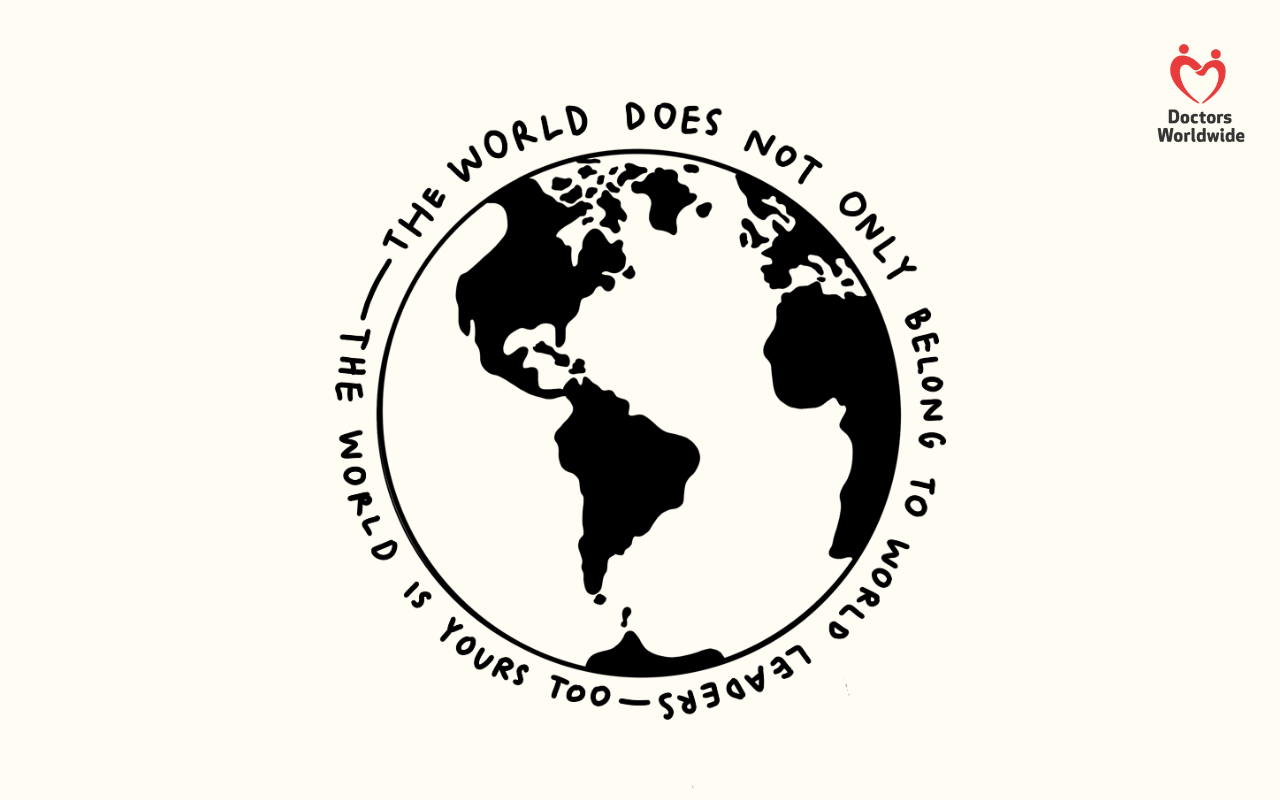Unless you have been hibernating for the last few weeks, you would have certainly not missed the news about world leaders gathering to attend the COP26 (United Nations Climate Change Conference) to commit to urgent global climate action. The importance of fighting against climate change and global warming only becomes more apparent every day, and if this has got you pondering over what you can do to fight climate change, don’t worry! We are here to share some things you can do to play your part in the global fight against climate change. As climate continues to impact some of the most low-resourced settings, the wider impact on the quality and available health access continues to be a central concern. Always remember that even the smallest planet-friendly change you make as an individual can make the biggest difference in saving our planet.
1. Switch to a plant-based diet
Going vegan may not be everyone’s cup of tea but that should not stop you from trying to maintain a more plant-based diet. Whether it be meatless mondays, or going on a vegan diet during the week and eating all that you love during the weekends – you can try and find your own strategy.
As bizarre as it sounds, livestock creates 14.5% of anthropogenic emissions (emissions of greenhouse gases resulting from human activity), which contributes towards climate change– 65% of these emissions are created by cattle (FAO). Adopting a more plant-based meal (vegetables, fruits, whole grains, legumes, nuts, and seeds), and less meat and dairy can significantly lower your personal environmental impact. Producing plant-based foods generally results in fewer greenhouse gas emissions and requires less energy, land, and water (Emissions Gap Report, 2020).
2. Reduce food waste
Currently, 1/3rd of all food produced in the world goes to waste (FAO, 2011) - there is enough food in the world to feed everyone, yet many people go hungry causing a number of health conditions, especially malnutrition. This consequently means the waste of energy and water that was used in order to grow, harvest, pack and transport these food items. In fact, if food wastage was a country, it would be the 3rd largest carbon emitting country in the world (FAO) – making it account for 8% of overall human caused carbon emissions.
Therefore, think twice before you throw out that last slice of bread next time. There are many food waste charities in the UK and worldwide that you can support through donations or your time to fight against food waste. Additionally, start living a more zero-waste lifestyle: create meal prep lists/grocery lists buying only what you need, make the most use of your freezer (they make things last longer) and lastly, use up your leftovers in any way possible (the internet is your weapon here!).
3. Change your style to sustainability
Have you heard of “Fast fashion”? If you have, then you would know the kind of damage it is doing to our planet. Nearly 20% of global wastewater is produced by the fashion industry, which also contributes to 10% of overall global carbon emissions - more than the emissions produced by all international flights and maritime shipping combined (UNECE). A recent report by McKinsey & Co (2020) in partnership with Global Fashion Agenda found that one of the key ways to cut down emissions from the fashion industry is to encourage sustainable consumer behaviours.
This does not mean that you should never buy clothes, rather you should cut down the amount of clothes you buy and try to reuse your old clothes. In addition to donating your old clothes to thrift/charity stores, we also encourage you to shop at such stores. The Mckinsey & Co report stated that washing and drying your clothes sustainably can make a significant difference in reducing your carbon footprint. They suggest skipping one in six washing loads, washing half of loads at below 30 degrees, and substituting every sixth dryer usage with open-air drying. And if you’re wondering how to stay stylish without purchasing new clothes regularly, there are tonnes of tiktokers out there showing you how to do just that!
4. Use your voice
Finally, the most powerful tool you have to fight against climate change is using your voice and rights. Contact your local MPs or leaders and highlight the emergency of acting against climate change, and suggest ways in which they can help make a difference in your community. Reach out to businesses and companies and suggest ways in which their product can reduce waste.
Additionally, support organisations that are dedicated to fighting climate change in any way possible, and join the movement against climate change to raise awareness and spread the word.

Climate change also poses a large impact on the work we do here at Doctors Worldwide, considering climate change affects the social and environmental determinants of health – clean air, clean drinking water, sufficient food and safe shelter. Death and illness from food, water, vector-borne diseases, zoonoses and mental health issues have seen a rise as a result of the increasing frequency in extreme weather events such as heatwaves, storms and floods (WHO, 2021). Furthermore, these climate induced health impacts are likely to first hit (and hit hard on) vulnerable people who made the least contributions to the causes – people in low-income and disadvantaged communities and countries. These are the very communities we work hard to give quality and accessible healthcare to, which makes our fight against climate change even more necessary and important.
Make sure to share this article with your friends and family, follow us on social media (twitter, facebook, instagram, linkedin) and subscribe to our mailing list below for regular updates and campaigns.


